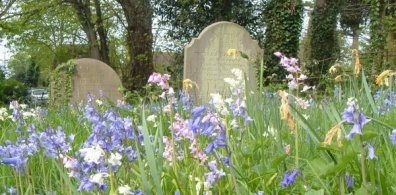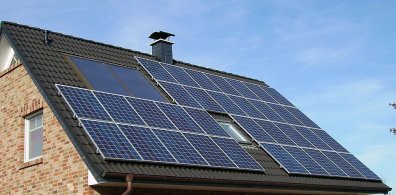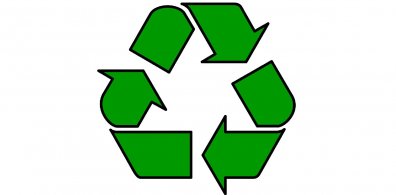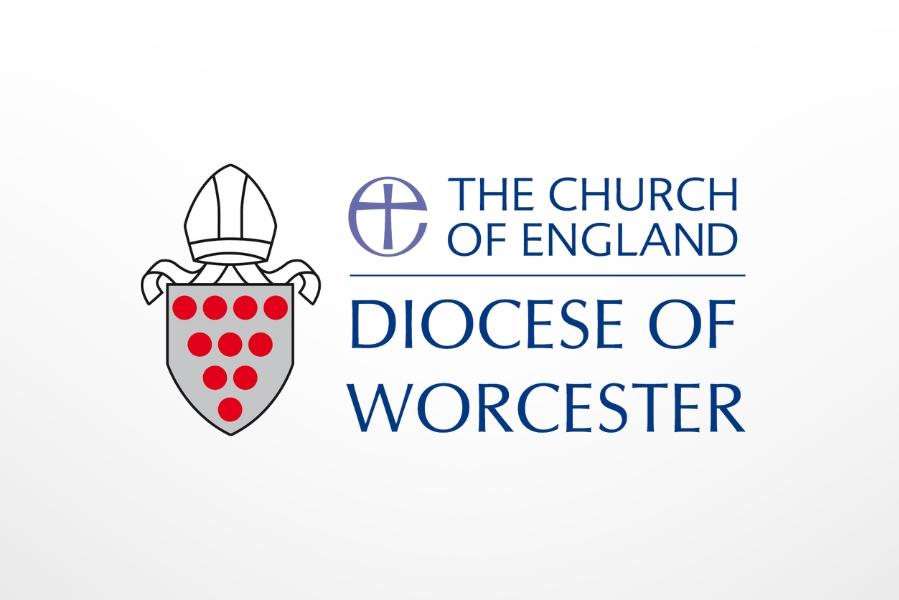
"Reducing the causes of climate change is essential to the life of faith. It is a way to love our neighbour and to steward the gift of creation."
Justin Welby, Archbishop of Canterbury
There is a broad scientific and political consensus that average global temperatures will continue to rise this century but, by reducing greenhouse gas emissions, the increases could be limited to a more manageable level. Climate change poses significant challenges - for the Church, for the international community but particularly for people in developing countries. Environmental degradation, particularly in the marine environment, and resource depletion also pose global challenges that will have to be faced soon if God's creation is to be safeguarded.
One of the major steps has to be cutting the Church's greenhouse gas emissions in line with national targets - 80% reduction between 2005 and 2050.
A prophetic and visionary role
This diocesan strategy recognises the Church can have a prophetic and visionary role in a society that has to find ways to mitigate against environmental degradation and climate change or adapt to it. The challenges we face require a response from everyone. Lifestyle change coupled with community involvement could turn the Church and its members into agents of change and transformation.
The Diocesan Environmental Strategy
The strategy document sets out its objectives under six major themes with an additional three cross cutting themes.
Each of these themes has a separate page (click on the headings or see below) giving suggestions for action by Parochial Church Councils and individuals.
- Download the Diocesan Environmental Stategy document (PDF).
|
Leading by example with our land. |
Eating in a fair and sustainable way. |
Minimising the impact of our energy use on our environment, today and tomorrow. |
Leading by example with our buildings. |
Minimising our waste and water use and re-using what we can. |
Minimising the impact of our travel on our Environment, today and tomorrow. |
|
Theology & Liturgy: Achieving our goal in a Christian context |
|
Communication & Education: Informing practical steps for parishes and people. |
|
Measuring our Progress: Understanding where we are now and in the future. |
Here's a film we made in 2010 which can be used a parish resource. The full video is 20 minutes and there is also a 5 minute shorter edit.
Resource Links
The Diocese of Worcester is not responsible for the contents or reliability of the linked websites and does not necessarily endorse the views expressed within them. Listing shall not be taken as endorsement of any kind. We cannot guarantee that these links will work all of the time and we have no control over availability of the linked pages.
Eco-Congregation: an ecumenical programme helping churches make the link between environmental issues and Christian faith, and respond in practical action in the church, in the lives of individuals, and in the local and global community. Helps get you started with an audit on all the main issues.
Eco-Schools: an international award programme that guides schools on their sustainable journey, providing a framework to help embed these principles into the heart of school life.
Green Christian Link: Offers insights into ecology and the environment to Christian people and churches. Offers Christian insights to the Green movement. Excellent prayer guide and reflections resources.
Shrinking the Footprint: The Church of England's National Environmental Campaign, includes simple steps to reduce consumption of non-renewable resources.
The Energy Saving Trust: a non-profit organisation, funded by government and the private sector, to achieve the sustainable use of energy, cut carbon dioxide emissions and promote the use of small-scale renewable energy sources. It offers a range of practical advice and support for households, business and the public sector (e.g. schools).
Stewarding the Earth's Resources: A resource for the church about sustainable waste management.
Fairtrade is about better prices, decent working conditions, local sustainability, and fair terms of trade for farmers and workers in the developing world. Fairtrade addresses the injustices of conventional trade, which traditionally discriminates against the poorest, weakest producers.
The John Ray Initiative: The John Ray Initiative (JRI) is an educational charity with a vision to bring together scientific and Christian understandings of the environment in a way that can be widely communicated and lead to effective action. Their briefing papers are highly recommended.
UK Climate Impacts Programme: UKCIP works with the public, private and voluntary sectors to assess how a changing climate will affect: construction; working practices; demand for goods and services; biodiversity; service delivery; health.
Tearfund International Learning Zone has a wealth of information on many topics relevant concerns such as food security and environmental sustainability
Christian Aid has information about climate change and climate justice






